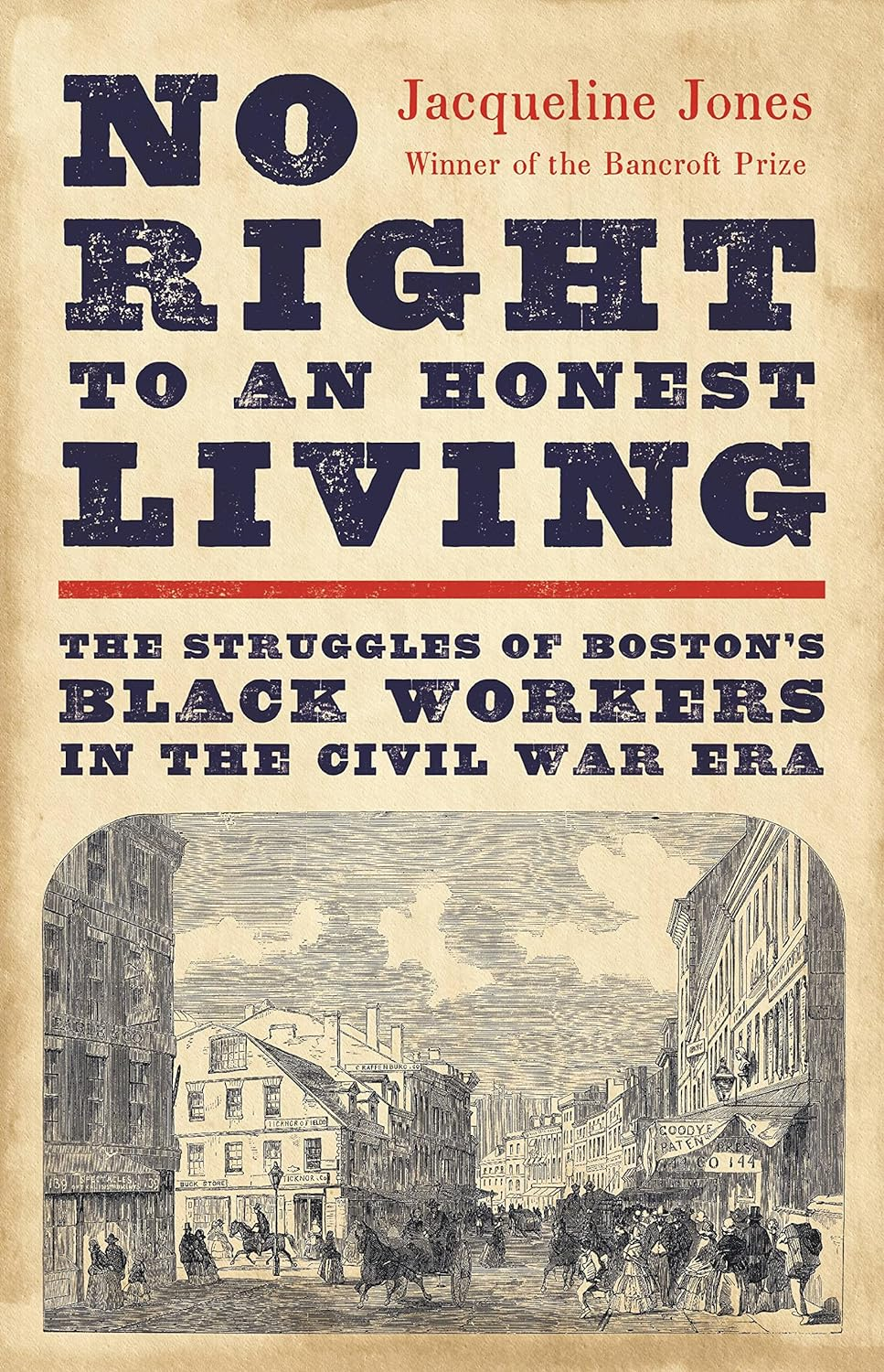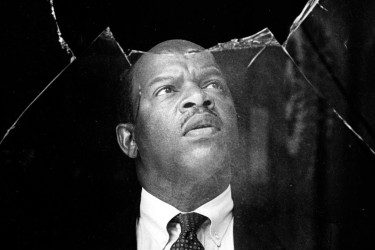In the years immediately following the Civil War, the federal government sent hundreds of freedpeople from Virginia and Washington, DC, to Boston. This massive relocation project was carried out by the U.S. Bureau of Refugees, Freedmen, and Abandoned Lands—the Freedmen’s Bureau—established by Congress in March 1865. Conceived as a way to address the human misery endemic to southern refugee settlements, a bureau transportation program sought to funnel Black servants into white households. Presumably these formerly enslaved people now scrounging for work in a town or in the countryside would find plenty of wage work (as domestics) once they disembarked on a Boston wharf.
The program consisted of two overlapping initiatives: one, out of Washington, overseen by General Charles H. Howard from 1866 to 1869 (his brother General Oliver O. Howard served as bureau head); the other, out of Fortress Monroe (and Norfolk, Richmond, Petersburg, and Hampton), coordinated by General Samuel C. Armstrong during the same years. Between May 1866 and December 1867, as a part of the latter effort, the bureau paid the tickets of 579 freedpeople bound for New England, mostly to Massachusetts, and most of those to Boston. About three-quarters of the migrants were between twelve and twenty-five years old.
During the war, the Virginia Peninsula proved a reluctant host to thousands of Black refugees streaming in from nearby areas as well as from other states. Many endured crowded, chaotic, life-threatening conditions in temporary, makeshift camps. Nevertheless, formerly enslaved people gradually created freed communities, drawing upon limited resources to organize churches, build schoolhouses, and search for long-lost loved ones. Poverty afflicted almost all: some families continued to live in the slave quarters and work the land of their former owners, now as renters, while others squatted on abandoned property only to be displaced by Union troops or civil authorities. Among the most pervasive forms of labor exploitation was wage theft—a white employer’s refusal to pay a Black person’s wage after an agreed-upon task was completed. In the words of Worcester’s Sarah Chase, now working at a hospital in Richmond, “Not a few hard workers are growing thin and weak by trying to live on promises to pay,” and even those who could find jobs such as coal-heaving were forced to subsist on “a dinner of half-baked corn bread and coffee.”
With the approval of local judges, white landowners “apprenticed” freed children, virtually enslaving them, running roughshod over the protests of parents. Bureau agents sent orphans to orphanages despite the offers of relatives to care for them. Whites sought to continue to profit off Black labor, but they had an aversion to Black political activity and schooling; their resentment triggered random physical attacks on individuals and the burning of Black schoolhouses and bureau offices.



































